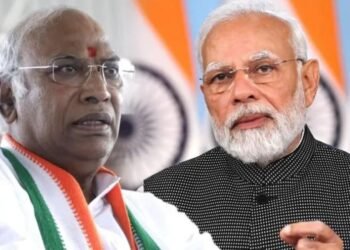The Supreme Court of the United States on Friday issued a verdict against Chinese social media platform TikTok by upholding the federal law that could potentially lead to the video-sharing app being banned in the country.
In a hearing earlier in the day, a prominent court panel observed that the legislation, which received substantial bipartisan support in Congress last year and was signed by outgoing President Joe Biden, does not violate the First Amendment’s safeguard against governmental limitations on free expression.
The justices issued an unsigned opinion, and there were reportedly no recorded dissents.
The supreme court ruling, triggered by alerts from the Biden administration stating that the video-sharing platform poses a ‘grave’ threat to national security because of its connections to China, clears the path for the ban to begin on Sunday (January 19).
Also read: Astronomers discover supermassive black hole 12.9 billion light-years away from Earth. Here’s what we know
According to the law enacted by Biden, TikTok could be removed from US app stores unless the Chinese parent company ByteDance Ltd. sells its American subsidiary by Sunday.
The Supreme Court acted quickly in the TikTok ban case, conducting arguments on January 10 — only nine days ahead of the legal deadline in the nation. The situation emphasized a conflict between the rights to free expression and national security issues in the age of social media.
TikTok, which is already prohibited in India, is recognized as one of the top social media platforms in the United States, boasting around 270 million users—almost half the nation’s population, with a significant portion being young individuals. The app succeeds due to its advanced algorithm, which provides tailored short videos to users according to their preferences.
The Biden administration has emphasized that the legislation targets the app’s control by a foreign opponent instead of limiting free expression.
Officials have announced that TikTok might be able to maintain its operations as usual if it were divested from Chinese ownership.













